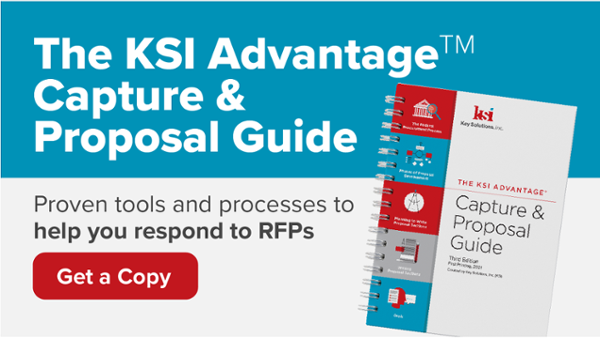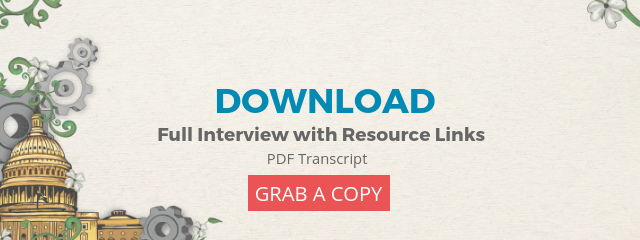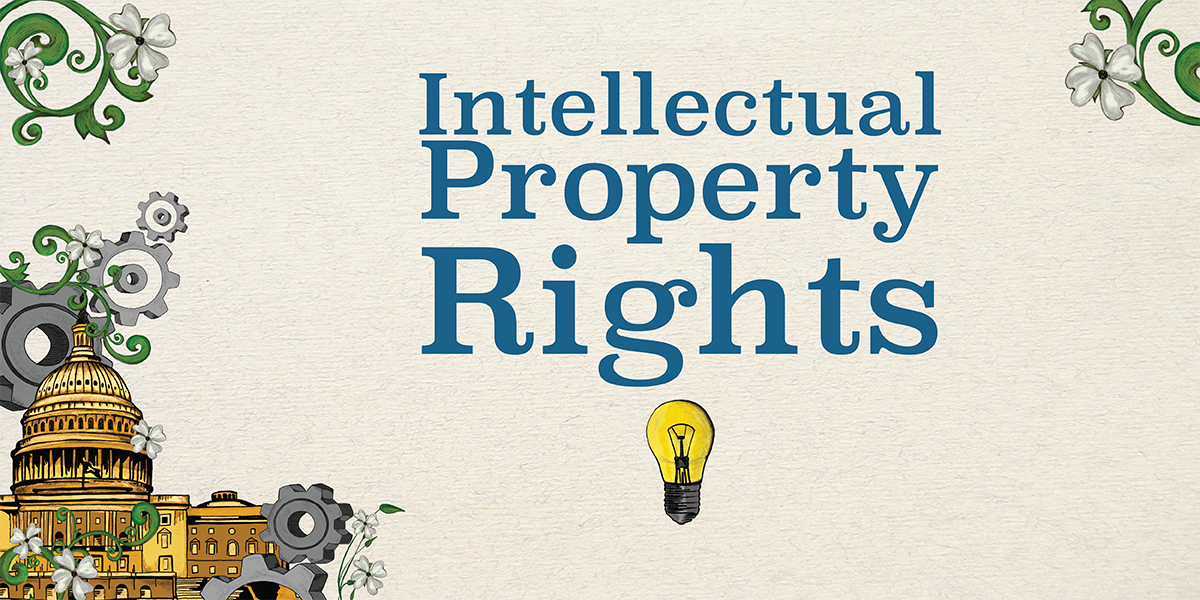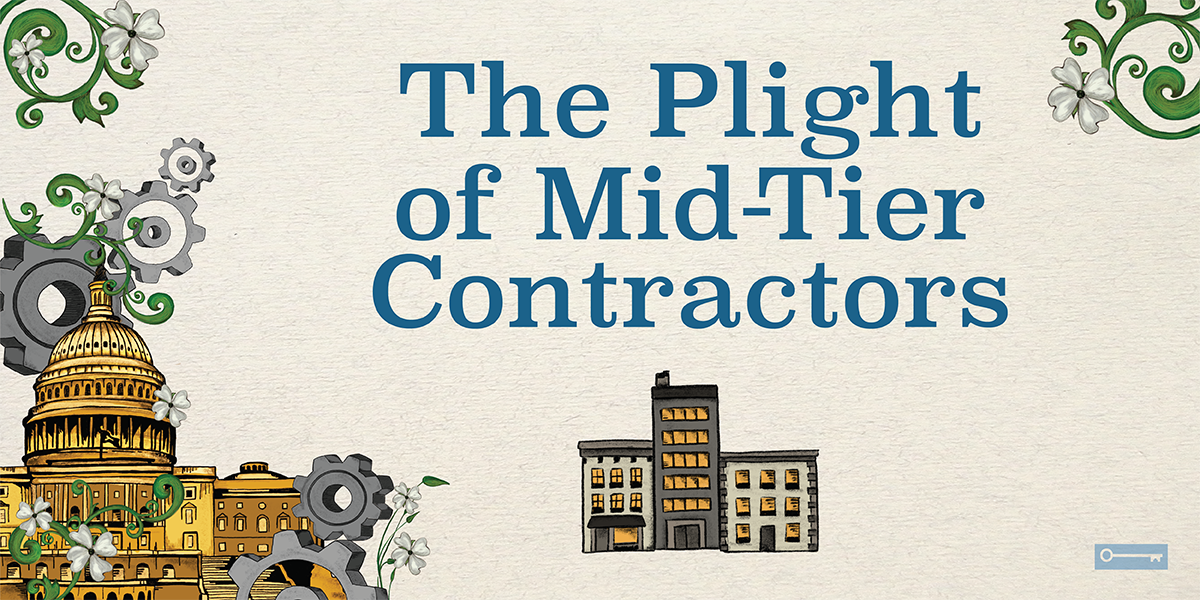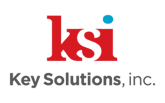Veteran Owned Businesses generate about $1.4 trillion in sales per year and employ nearly 6 million people but often still struggle to compete for federal contracts.
In this episode we discuss the specific resources VOSBs can leverage to gain a competitive edge in the federal market. We also discuss the SBA programs that are successfully boosting veteran entrepreneurship and helping veteran businesses take on less risk when bidding on contracts.
Guest: Barbara Carson, Deputy Associate Administrator, Small Business Administration
Click the orange play button to listen to the episode. You can also listen to the podcast on Apple I-Tunes or Soundcloud.
If you're a VOSB who needs help learning about the federal opportunity lifecycle, check out our KSI Advantage© Capture & Proposal Guide.
Read the Full Interview:
Ray Thibodeaux: Welcome to Keys to Winning, a podcast where we talk about government contracting topics such as proposal development, business development, win strategies, and more. Keys to Winning produced by AOC Key Solutions, a leading bid and proposal development firm, gives you a chance to learn from leaders and experts in their fields. I'm Raymond Thibodeaux, today's host of Keys to Winning. For today's podcast, we talk about empowering Veteran-Owned Small Businesses in the federal marketplace. Veterans are a significant portion of the country's labor force. They make up more than 2.5 million small businesses in the US, generating about 1.4 trillion in sales per year. They employ nearly 6 million people. Still, many Veteran-Owned Small Businesses, face hurdles getting into the federal contracting market. Our guest, Barbara Carson, she goes by Barb is Deputy Associate Administrator for SBA's Government Contracting and Business Development. She previously served as the Associate Administrator for the SBA Office of Veterans' Business Development. She talks about how a Veteran-Owned Small-Businesses or VOSBs can even their odds as they compete for federal contracts. So, hi Barb. Thanks for being on the podcast.
Barbara Carson: Thanks so much for reaching out and making time. This is going to be a good conversation?
Ray Thibodeaux: I think so too. I'm definitely looking forward to it. Winning contracts in the federal marketplaces isn't easy to begin with. The government is generally considered a pretty tough customer. Well, they can afford to be. They're one of the world's biggest consumers of products and services, but VOSBs brings such a range of positive capabilities, strong work ethic, leadership, adaptability. What typically holds them back from getting the bigger, better opportunities in the federal sector?
Barbara Carson: Whether it's federal sector or main stream business, we're seeing that veteran entrepreneurs lack two key success measures for entrepreneurs. And one is access to capital when needed, and the other is a network in the community in which they want to start and grow their business. And some of that we can guess. And also it goes beyond the anecdote and we're studying it more, is that as people move frequently, they don't have that same connection to their community bank, or peer mentor or even a business that they want to aspire to be more like that is in their world day to day. And so they come at it a little bit behind in that regard. Access to capital. That's something that SBA absolutely is working hard to address for veteran entrepreneurs. We still continue to give relief to veterans on SBA 7(a) Express loans. And I'm very grateful that Congress may put that into law in 2015, that additional benefit for Veteran-Owned Small Businesses.
Barbara Carson: Now we're taking a look at what's needed in those first phases, that creation, and first three to five years of business, a microloan or going to see a CDFI, a Community Development Funding Institution, one of those non-profit lenders to get that little bit of help to get going. We see a great area for growth there, as veterans typically need a smaller level of capital infusion and don't necessarily need to jump right into a larger 7(a) loans.
Ray Thibodeaux: It seems that for disadvantaged small businesses, which includes women-owned HUBZones and others, each brings a specific benefit to their local communities in terms of boosting the local economies, creating diversity in the contracting community. What do you see as the advantages veterans bring to the table as entrepreneurs?
Barbara Carson: I think some of the qualities that you've mentioned Ray, about veterans and what qualities, again just from serving in the military, one of those is risk mitigation and understanding that as an entrepreneur you're going to hit things that are not easy. And being able to evaluate how hard it is, "Do I have the skills and the resources to overcome that challenge?" They're more likely to find a way to get it done. And I'd also say that the responsibility for both people and resources that one is given in the military are incredibly higher than one might find in a non-veteran space. So they're used to having tough decisions to make and accountability for the resources required to get the mission done.
Ray Thibodeaux: Veterans are supposed to get at least 3% of the federal spending in federal contracting and another 3% for Service-Disabled Veteran-Owned Small Businesses. Is the Federal Contracting Community hitting or surpassing that mark?
Barbara Carson: I am thrilled that we have surpassed that mark since 2012. The 3% spend to Service-Disabled Veteran-Owned Small Businesses is the floor. It is not the ceiling and we continue ... I think we're going to see that number grow even more this year. I want to spend more time on finding ways to make even more Service Disabled Veteran-Owned Companies successful in the federal marketplace.
Ray Thibodeaux: That's actually a good lead into the next question. Could you talk about some of the SBAs' programs to boost veteran entrepreneurship such as Boots to Business, the Veteran Business Outreach Centers and others.
Barbara Carson: Boots to Business has been just growing like wildfire since we piloted it with Marines in 2012, that's a great entrepreneurial community by the way. And then in 2014 we rolled it out across the United States and in Asia, in Europe and now we have almost 18,000 service members and military spouses, members of the Guard Reserve taking part in Boots to Business training. And the goal of that is to introduce them to the basics of entrepreneurship and more importantly connect them with the resources that are available in their community, whether it's near the installation where they are now, or it's where they aspire to live once they've left the service. That one is thrilling. For Veterans Business Outreach Centers, there is a direct connection to their community of transitioning service member. That's primarily what they're there to do, is introduce people to entrepreneurship. And luckily we're getting better and better at making the connection. Once they've touched and been serviced by a Veterans Business Outreach Center, they are going to make a connection to a Small Business Development Center, a Women's Business Center, a SCORE Mentor or potentially a Procurement Technical Advisory Center, a PTAC.
Ray Thibodeaux: The PTACs. Is that a federal program or is that running at a state level?
Barbara Carson: PTACs are run by the Defense Logistics Agency, although we enjoy a close relationship with them and many PTACs are co-located with SBA Resources, so there's a virtuous circle of the kinds of mentoring that can occur in communities. We're getting better and better at that cross referral to give that entrepreneur the best service they need at the point that they're at.
Ray Thibodeaux: I had come across this statistic that in the aftermath of World War II, nearly half the returning veterans started small businesses. People might be surprised to know that companies like Walmart, Nike, FedEx and Enterprise Rent-A-Car company, were owned or led by veterans. Are we anywhere near that rate of veteran entrepreneurialism in this day and age?
Barbara Carson: Ray, we're not and we're spending a good amount of time and doing some research with our grantees to learn more about why that is. You're right that it was about half of veterans when they came back, started a business or a farm, which they also counted as a business and it is. And now we're seeing the uptake of about 4 to 5%, where we are really wondering why such a huge drop and what can we do to improve that when we know from surveys that are being done among the active duty population, 25% of people in the service say they are interested in becoming a business owner. So there's obviously a disconnect. We need to figure out what it is that's keeping us from getting those businesses launched.
Ray Thibodeaux: That's interesting. I think the focus of this question is really about the federal marketplace and what are the resources available to veterans' small businesses to help them compete in the federal market? And similarly, are there programs for veterans that are already established in federal contracting?
Barbara Carson: There are a variety of resources. And for folks who are just beginning to checkout federal procurement and whether it's for them, we've made great improvements in the SBA website. So go to the sba.gov, there's now a tab about federal contracting. It's a lot more customer centric rather than SBA providing you an encyclopedia. It makes a lot of sense in the way that it walks a person through the considerations they should think about before going forward. Other resources involved, and this is what I love about SBA, is we help take the risk out of some business relationship and there are for example you're going for a big contract, is it better a known business? And do you need a bond? And you might be just a little bit too risky for a private sector bonding company to take you on. Then we've got surety bond guarantees here at SBA. For example, if you bid for a job that a federal agency says, "Eh, you're pretty small, we're not sure that you can take this on. We're thinking about rejecting your offer." SBA can step in and do an assessment and offer a certificate of competency.
Barbara Carson: There are obviously the government guaranteed loans. That's another place where SBA steps in and says, "We want you to be successful. We're going to take some of that risk and bet on you." And the resources I just mentioned are available to any entrepreneur, any small business owner. The most exciting federal procurement specific development program we have for veterans is a grant that the SBA gives to the Veterans Institute for Procurement. If folks wanted to find out more about that it's nationalvip.org. It's based in Silver Spring, Maryland, but it's open to veterans all across the United States. Actually wherever they want to come in from, they're welcome. I've worked with this group and it's run by the Montgomery County Chamber of Commerce Foundation. They were providing business development training for businesses that had already been in existence for three to five years at a certain revenue level and number of employees. They were very open to listening to me and to the whole team at SBA saying, "It's really the beginning that is where people get tripped up." Just getting started in federal contracting, it feels like a maze.
Barbara Carson: They've created a program that puts about 200 veteran-owned companies through ... and you're seeing results like 55% increase in revenue, and you're finding that in 85% of the participants in the program. These are incredible outcomes. We've also asked them to track, what kind of contracts are they winning? How many people are they able to employ? Because of that success, we're really seeing some great metrics and that's the program I hope we can sustain and perhaps expand.
Ray Thibodeaux: Well, good advice for veterans and small business owners. Barb, thank you very much for being on the podcast.
Barbara Carson: Thank you so much Ray. I look forward to talking with you again.
Ray Thibodeaux: I'm Raymond Thibodeaux and this has been Keys to Winning from AOC Key Solutions, Incorporated or KSI, a consulting firm that has helped companies across the country win billions of dollars in federal contracts. Learn more at aockeysolutions.com or follow us on LinkedIn. Be sure to subscribe for more podcasts in this series, and thank you for listening.
About Keys to Winning
Keys to Winning is a podcast that shares practical advice for GovCon professionals from industry experts. Topics covered include Proposal Development, Government Contracting, VOSBs, WOSBs, and more. Episodes are 15 minutes or less and are posted bi-weekly on Thursday morning. The podcast is hosted by Raymond Thibodeaux, a Senior Proposal Specialist with AOC Key Solutions.



